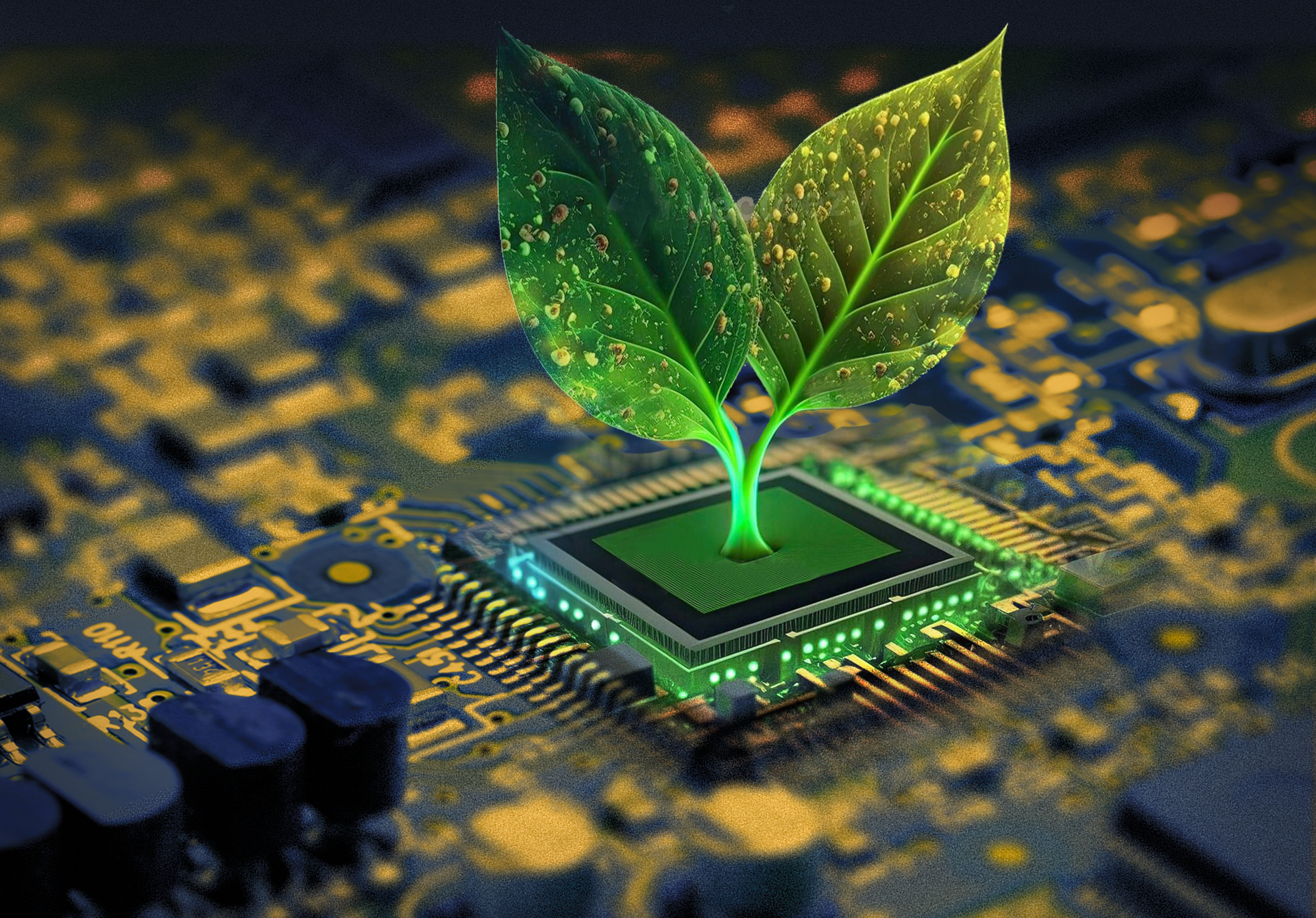In an era marked by increasing environmental awareness and the urgency to combat climate change, industries worldwide are seeking sustainable solutions to minimize their ecological footprint. Capacitor manufacturing, an essential component of the electronics sector, plays a crucial role in this pursuit. As the demand for electronics grows, it becomes imperative to address the environmental impact of capacitor production and identify sustainable practices that align with the principles of ecological responsibility.
Environmental Challenges in Capacitor Manufacturing
The manufacturing of electrolytic capacitors involves various materials and processes, each contributing to its environmental impact. Some of the key challenges include:
Raw Material Extraction: Capacitor production relies on the sourcing of raw materials such as aluminum, tantalum, and ceramics. Mining and extraction processes can lead to deforestation, habitat destruction, and the release of harmful pollutants into air and water sources.
Energy Consumption: High energy consumption during the manufacturing process results in significant greenhouse gas emissions, contributing to global warming and climate change.
Hazardous Chemical Usage: Certain capacitor types require the use of hazardous chemicals, such as solvents and acids, which can lead to soil and water contamination if not managed properly.
Electronic Waste: Improper disposal and recycling of capacitors can lead to electronic waste, further burdening landfill sites and causing potential environmental harm due to the leaching of toxic substances.
Sustainable Practices in Capacitor Manufacturing
To address these environmental challenges, capacitor manufacturers can adopt various sustainable practices:
Responsible Sourcing of Materials: Opting for ethically sourced raw materials can minimize the ecological impact of extraction, ensuring sustainable practices are followed throughout the supply chain.
Energy Efficiency: Implementing energy-efficient manufacturing processes, utilizing renewable energy sources, and optimizing equipment can significantly reduce the carbon footprint of capacitor production.
Green Chemistry: Capacitor manufacturers can explore eco-friendly alternatives to hazardous chemicals, promoting the use of safer substances and adopting green chemistry principles to minimize environmental risks.
Recycling and Circular Economy: Developing efficient recycling processes to recover valuable materials from end-of-life capacitors can promote a circular economy, reducing the need for new raw materials and minimizing waste.
Extended Producer Responsibility (EPR):Embracing EPR principles involves manufacturers taking responsibility for the entire life cycle of their products, from production to disposal. This approach encourages sustainable design, reuse, and proper recycling.
Innovation and Research:Investing in research and development for sustainable materials and capacitor technologies can lead to the creation of more eco-friendly products with reduced environmental impact.
Collaboration and Industry Initiatives
Addressing sustainability challenges in capacitor manufacturing requires collaborative efforts from manufacturers, policymakers, consumers, and industry associations. Industry initiatives can play a pivotal role in promoting sustainable practices and fostering environmental consciousness. These initiatives may include:
Industry Standards and Certifications: Establishing industry-wide standards and certifications for sustainable capacitor manufacturing can guide companies towards adopting eco-friendly practices.
Government Incentives and Regulations: Governments can offer incentives, tax breaks, or grants to capacitor manufacturers implementing sustainable measures. Simultaneously, regulations can ensure that companies adhere to environmental standards.
Consumer Awareness: Raising consumer awareness about sustainable capacitor products and the importance of responsible electronic waste disposal can drive demand for eco-friendly choices.
Conclusion
Sustainability and environmental considerations in electrolytic capacitors manufacturing are critical aspects of modern industry. As technology advances and the demand for electronic devices continues to grow, the need for sustainable practices becomes even more pressing. By adopting responsible sourcing, energy efficiency, green chemistry, and recycling initiatives, capacitor manufacturers can contribute to a greener and more sustainable future. Collaborative efforts, supported by industry associations and governments, can pave the way for a positive transformation towards ecological responsibility in the electronics sector. Ultimately, sustainable capacitor manufacturing not only benefits the environment but also leads to improved brand reputation and long-term business viability.





